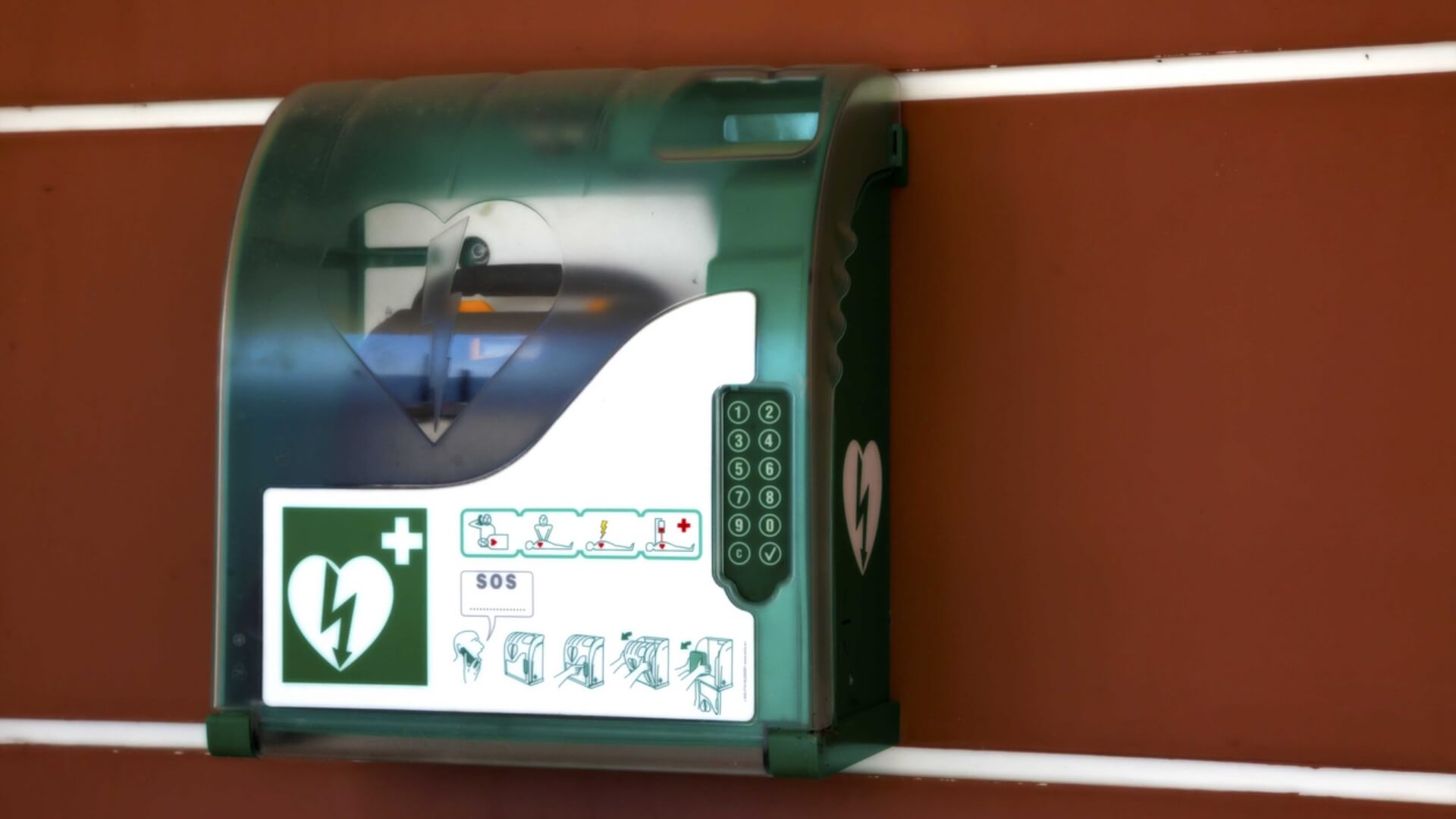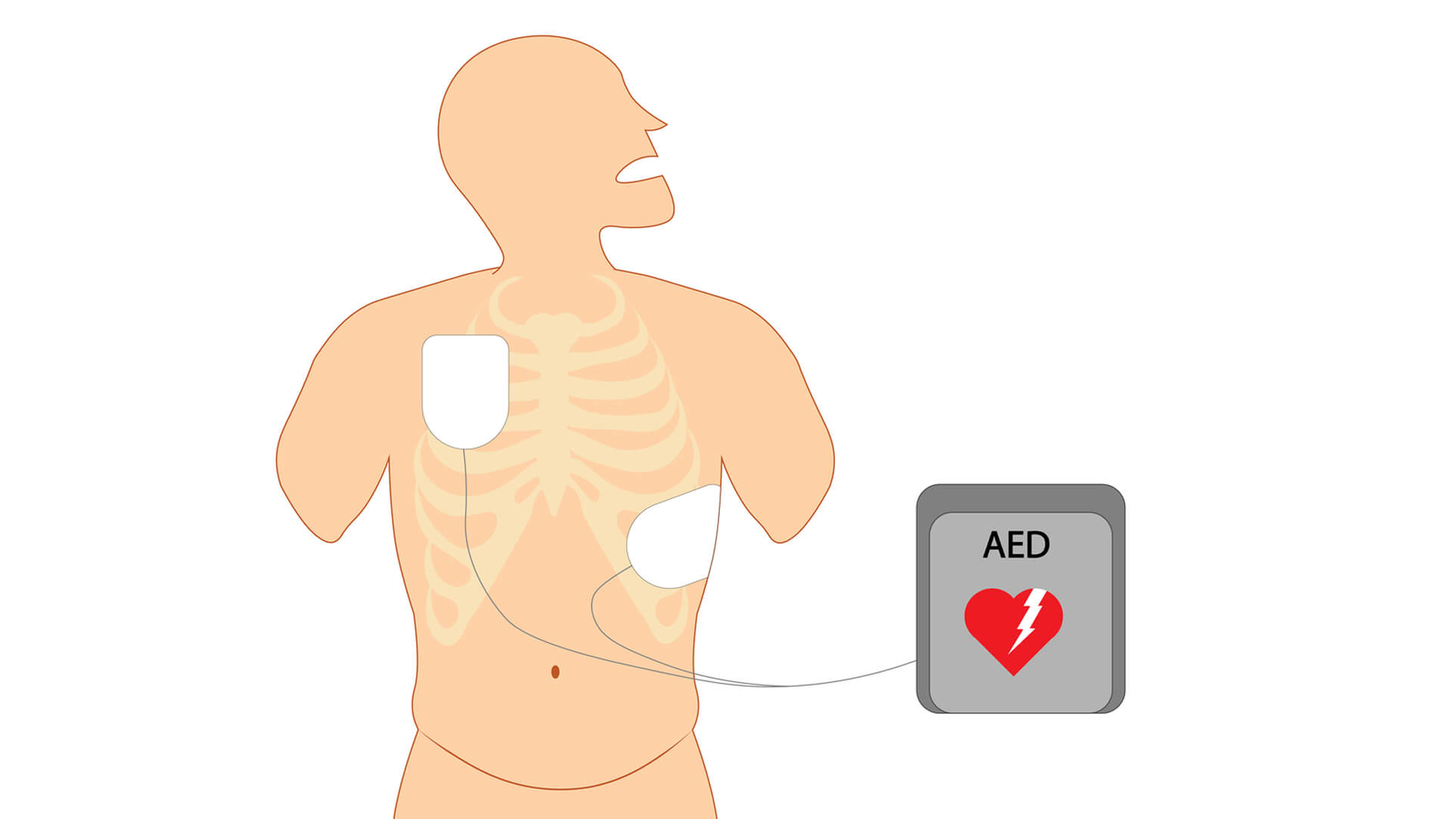-
 Written By
Prabakar Mahalingam
Written By
Prabakar Mahalingam
- Published
Heart Palpitations When Falling Asleep: Causes, Symptoms, and When to Seek Help

Feeling your heart race or skip a beat as you drift into sleep can be unnerving, but it’s usually harmless. These feelings can wake you up. They might come with quick muscle twitches or a feeling of falling. The experience might feel scary at first, but knowing what causes it can help you feel better. Knowing the causes and reading the signs can help you stay calm. This way, you can respond with confidence.
Reasons you might feel like your heart jumps when falling asleep.
Your heart may skip a beat as you fall asleep. This can happen for many reasons. Knowing these triggers can help ease your worries. Identifying the cause can offer reassurance and help you rest more peacefully.
Hypnic Jerks
One common reason your heart jolts as you fall asleep is a hypnic jerk. This is an involuntary muscle spasm that occurs when you transition into sleep. It can create a sudden falling sensation or brief flashes of light, startling you awake.
Hypnic jerks can surprise you, but they are usually harmless. About 70% of people experience them. At times, they may startle you awake or even jolt your partner, but they pose no real health risk.
Causes of Hypnic Jerks
The most common causes of hypnic jerks are:
- Too much caffeine or nicotine
- Vigorous exercise
- Not getting enough sleep
- Stress and anxiety
How to Reduce or Prevent Hypnic Jerks
If hypnic jerks wake you up, finding out why can help lessen them. Several triggers may play a role in these sudden movements as you drift into sleep.
Caffeine and nicotine
To protect your sleep quality, try limiting caffeine and nicotine to earlier in the day. Both can excite the brain and disrupt sleep, even if taken hours before bed.
Exercise
Regular exercise can improve sleep quality. Yet, intense workouts too close to bedtime might backfire. They can sometimes cause hypnic jerks. Planning workouts earlier in the day can help you wind down more easily at night.
Not getting enough sleep.
Not getting enough quality sleep can increase hypnic jerks. This can happen due to insomnia or bad habits. It can also hurt your focus and mood. Going to bed and waking up at the same time can really improve your sleep.
Stress and Anxiety
Stress and anxiety, big or small, can disrupt sleep and cause hypnic jerks. Calming activities before bed can help. Also, limiting screen time in the hour before sleep can reduce their occurrence.
Heart Palpitations
A sudden jolt as you drift off may be due to heart palpitations. You might feel a quick flutter or a strong pounding in your chest.
- Pounding
- Fluttering
- Racing heart
- Heart skips a beat
- Extra beats
- Heart-flip
These feelings are often stronger at night. The quiet and stillness make them harder to ignore. Sleeping on your left side can sometimes cause palpitations. This happens because the heart is closer to the chest wall in that position.
Nighttime heart palpitations are often not serious. Still, they can sometimes point to a heart issue. Keeping an AED at home can provide added peace of mind and ensure you’re prepared for a cardiac emergency.
Are heart palpitations dangerous?
Occasional heart palpitations usually aren’t a concern. However, frequent ones may signal a rhythm problem. If your heart rate exceeds 100 beats per minute, it’s best to seek medical evaluation.
Causes of Heart Palpitations
Heart palpitations can have many causes. Some are easy to manage with simple changes. Others may require professional medical help.
Lifestyle-Related Causes
- Foods high in sugar, carbohydrates, fat, or monosodium glutamate (MSG)
- Vigorous exercise
- Too much caffeine
- Nicotine
- Alcohol
- Certain drugs (including diet pills, antibiotics, asthma remedies, cough and cold medicines, cocaine, amphetamines, thyroid hormone, and digoxin)
- Stress
- Fever
- Pregnancy
- Dehydration
Managing palpitations starts with tackling their root causes. Cutting back on caffeine, nicotine, and heavy evening workouts can help. Also, reducing stress before bed makes a difference. Drinking enough water helps you feel better. Additionally, avoid alcohol and heavy, high-carb meals at night.
Heart palpitations are fairly common in pregnancy and are often not a cause for concern. If you had these issues before or if they continue after giving birth, it’s a good idea to get a proper evaluation.
Underlying Conditions
Certain health issues, like heart problems, might cause your heart to jump as you fall asleep.
- Overactive thyroid gland
- Low blood sugar
- Anemia
- Atrial fibrillation
- Arrhythmia (irregular heart rate)
- Tachycardia (fast heart rate)
- Bradycardia (slow heart rate)
- Heart attack
- Heart failure
- Cardiomyopathy
- Heart valve disease
If you often feel palpitations or have a family history of heart problems, talk to a doctor. It’s important to get checked. For irregular heartbeats, they may recommend a device. Options include an ICD, WCD, or an AED like the LIFEPAK CR2 for emergency support.
Tests that Can Detect an Underlying Condition
Your doctor may recommend a series of tests to help identify the cause and confirm a diagnosis.
- During a physical exam, your doctor might use a stethoscope to listen to your heart. They will also check your pulse and measure your blood pressure.
- A simple blood test can find issues like anemia or thyroid disorders. Anemia shows a low red blood cell count.
- An electrocardiogram (ECG or EKG) tracks the heart’s electrical activity. It helps find arrhythmias and shows signs of past heart attacks.
- A Holter monitor tracks your heart’s rhythm for 24 to 48 hours. It uses small chest electrodes linked to a recorder. This helps find any irregularities.
- An ultrasound gives a clear look at your heart’s structure. This helps doctors find blockages, inflammation, holes, or other problems.
- A stress test is often done when chest pain and palpitations occur together. It helps doctors see if blood flow to the heart is limited during exercise.
How to stop heart palpitations.
Effective treatment for heart palpitations begins with identifying the cause. If your doctor finds a problem, they may recommend medicine or a heart device. If no issue is found, easy lifestyle changes can help control the symptoms.
Food Diary
Keep a short record of your food and drink intake, and track your heart rate with a pulse oximeter. Finding foods that cause palpitations can help you steer clear of them. This way, you can lower how often they happen.
Relaxation Techniques
Try adding relaxation methods, like meditation or deep breathing, to your night routine. They can help ease tension. Counseling can also help during long periods of stress.
Vagal Maneuvers
Vagal maneuvers can help steady your heartbeat. They stimulate the vagus nerve, which links the brain and abdomen. Yet, only do these if you have no heart conditions.
Cold Water
Splashing cold water on your face or taking a cool shower helps you feel refreshed and energized.
Bear Down
Tighten your abs and glutes. Imagine you’re trying to have a bowel movement.
Knees Against Chest
Pull your knees gently to your chest. Hold this position for about a minute. This technique is great for infants and young children.
Valsalva Maneuver
Pinch your nose gently with your fingers and breathe out firmly.
When to Seek Help
Seek immediate medical attention if heart palpitations occur alongside any of these symptoms.
- Chest pain or tightness.
- Lightheadedness
- Difficulty breathing
- Confusion
- Dizziness
Frequent nighttime palpitations or a fast heartbeat before bed can be a sign of serious health risks. These may include heart attack, stroke, or sudden cardiac arrest. If these episodes last more than a few seconds, see your doctor right away. They can help find the cause and start treatment quickly.
FAQs
Why do I feel like I’m dying when falling asleep?
Feeling a racing heart, shortness of breath, or dizziness when falling asleep can be scary. Some people may even think they are dying. These episodes often occur from anxiety, sleep palpitations, or a sudden jerk as you fall asleep. Though usually harmless, they can sometimes signal a health issue. It’s best to see a doctor if they occur often.
Why does your body jerk when falling asleep?
This sudden movement is called a hypnagogic jerk, also known as a sleep start. As your body falls asleep, you might feel palpitations or a quick sensation of falling. Factors like stress, caffeine, or late-night exercise can make these jerks more likely.
Are palpitations during sleep dangerous?
Palpitations while sleeping are usually not harmful. They can be caused by anxiety, your sleep position, or hypnagogic jerks. Frequent episodes that last longer than a few seconds, or come with chest pain or shortness of breath, might mean there’s a heart problem. You should see a doctor.
How can I reduce hypnagogic jerks and palpitations at night?
To reduce these disturbances, cut back on caffeine and nicotine. Also, skip intense workouts before bed. Finally, try relaxation techniques like deep breathing. Drinking enough water and sticking to a regular sleep schedule can help reduce nighttime jerks and palpitations.
Conclusion
Heart palpitations, hypnagogic jerks, and sudden fears of dying can be scary when falling asleep. But often, these feelings are harmless. Understanding what might cause them, such as stress, habits, or health issues, can help you manage them more effectively. You can often reduce these disturbances by making small changes. Improve your sleep hygiene, cut back on stimulants, and address anxiety. Get medical help right away if symptoms happen often, are severe, or include warning signs like chest pain or trouble breathing. This keeps you safe and can help ease your worries.

